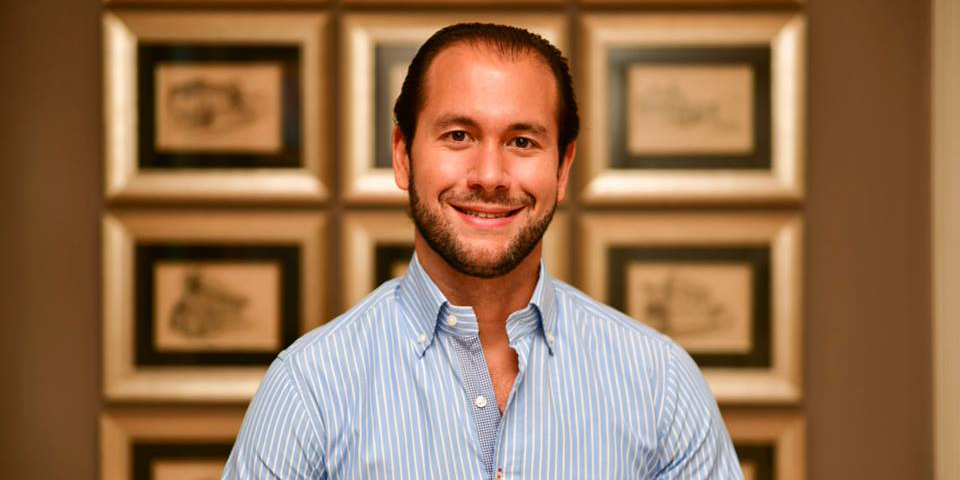
What kind of child are you raising based on what kind of parent you are? 29-07-2020
By: César A. Fernández
Many people bet on the construction of a new model of paternity, more aware of their participation in parenting, more present and more committed, that is why some ask themselves, what kind of children will I be raising as I am?
In this regard, I can say that behavioral experts have defined four general parenting styles that parents tend to carry out with their children:
- Dominant or disciplinary style
- Permissive or complacent style
- Negligent or selfless style
- Style of democratic authority
Parents with a dominant or disciplinary parenting style tend to emphasize rule compliance. They are not inclined to negotiate, but rather to be obeyed. They put rules and consequences without taking into account the emotions and opinions of the children. They care very much about feeling respected more than loved by children; and they easily use phrases like “because I said so.”
This parenting style can contribute to children being disciplined, organized, and rule-abiding; but also dependent on others deciding for them, self-conscious, and insecure. They tend to have self-esteem issues because their opinions are not valued. They can become liars to avoid being punished or lectured. And they often harbor anger and resentment toward their parents.
Parents with a permissive or complacent parenting style tend to allow their children to do what they want, yield frequently to children's grievances and temper tantrums, indulge them in almost everything, and have difficulty setting rules. These parents want to be loved by their children more than respected; and that is why sometimes they do not exercise the required authority with the aim of not feeling that they lose the affection of the child. They are parents who often try to put consequences, but do not comply.
This parenting style can result in children who believe they deserve everything, and who can get whatever they want whenever they want. Children can end up being impatient, not knowing how to postpone gratification, having poor impulse control, difficulty organizing, and adapting to rules and structures. They are even more at risk for health difficulties given the little discipline in the home around eating and sleeping patterns.
Parents with a negligent or selfless parenting style tend to be uninvolved and emotionally distant. They emphasize that children “raise themselves” and “learn from experiences.” They let the boys decide for themselves almost everything, and that they stumble and pay consequences, but from an extreme that reaches disinterest.
This style of parenting can generate independent and “do-it-yourself” kids, but with a deep sense of abandonment. Given the lack of guidance and supervision, they are more likely to engage in high-risk behaviors such as substance abuse and irresponsible sex. They can look for care they don't get at home in people and activities that aren't necessarily healthy for them.
Finally, the style of upbringing with democratic authority is considered the healthiest and most effective of all styles.
These parents put clear rules and consequences in the home, set limits and know how to say no, but maintain open communication with the children. They tend to involve children in decision-making, listening to their opinions and emotions, but making it clear that the ultimate authority in the home are the parents. They are open to negotiating and giving in when the occasion warrants. And if they have to make a decision that the son does not like, they do it calmly and safely, and express it with love.
This parenting style helps children develop good self-esteem, have self-confidence, communicate appropriately, and feel that their opinions and emotions are important. Children raised in this style tend to have better academic performance, greater emotional stability, and fewer behavioral difficulties. In addition, they report being happier and show better management in the decision-making process.
Before concluding, it is important to highlight that although in a general sense these parenting styles exist, many parents could end up adopting a hybrid style; and although implementing them in the dynamics with their children could affect future behaviors when they are adults, they do not translate into a determining factor of the habits and personality of the individual, since in the transition to adulthood there are many intrinsic and extrinsic variables that converge for psycho-emotional consolidation.

